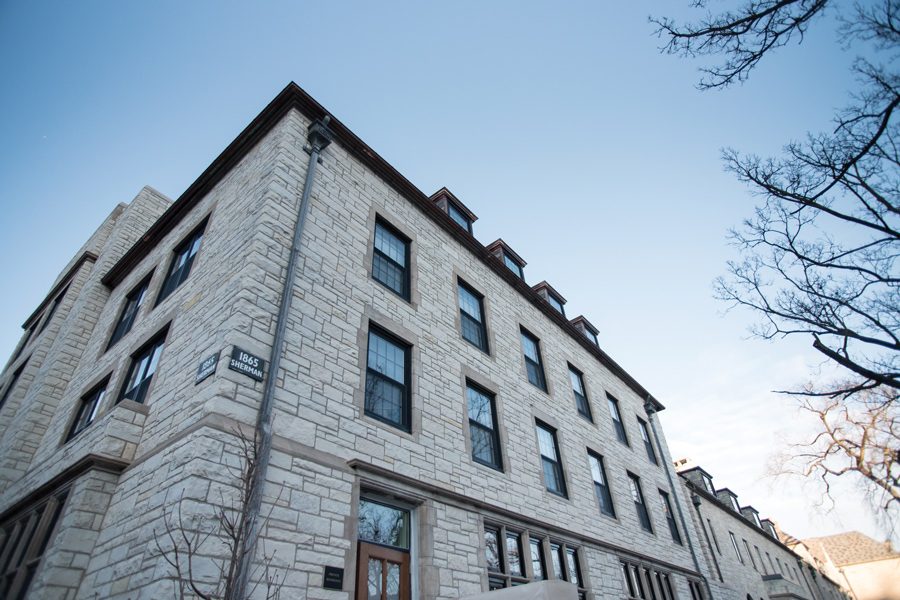Residential colleges adapt to a remote quarter with mixed reviews
Daily file photo by Colin Boyle
Willard Residential College. This Winter Quarter, undergraduate students will return to campus housing.
September 28, 2020
As Northwestern’s 10 residential colleges adapt their activities to another remote quarter, student leadership is finding different ways to connect a dispersed community.
During the abrupt transition to remote activities last Winter Quarter, Director of Residential Academic Initiatives Brad Zakarin encouraged staff to envision the residential college experience as entirely remote. Currently, there are only about 1,000 students living in on-campus housing, including upperclassmen and underclassmen with exceptions.
“Given that there had been a University-level exception process to remain on campus, it might be stigmatizing to be known as one of the five people left living on campus,” Zakarin said.
Traditional events like board game nights and fireside chats were moved online to platforms like Kahoot with mixed responses, Zakarin said. While he knows students are dealing with Zoom fatigue, he said he has also seen students who are “hungry for engagement.”
Nick Bakaysa, Weinberg sophomore and president of Public Affairs Residential College, said classes were moved online before the new executive board even assumed their positions. Bakaysa said he considered whether residents living in different time zones would feel comfortable eating in front of a camera as part of their weekly “Munchies” event.
Remote programming has increased accessibility of faculty-in-residence, Bakaysa said. Before, it was difficult to arrange times for faculty to attend events. Now, students are able to “hop on a Zoom call and talk with people.”
Weinberg freshman Devyn Coar is currently living in Willard Residential College.
The residential college feels like a ghost town, Coar said. She said she feels turned down by the “awkwardness” of Zoom meetings, but appreciates the effort residential colleges are making to provide community. Because she is on campus, Coar said she has found friends and has not felt the need to attend residential college events.
“I feel like it’s a really tight-knit community, usually ― I was looking forward to that,” Coar said. “But I mean, because of COVID, it’s not like that right now.”
Kaili Wegener, a Weinberg freshman living off-campus in McHenry, Ill., has found the residential college community to be a lifeline. She has attended game nights and dinners with fellows since Wildcat Welcome and is planning on being an active member throughout the remote quarter.
Willard was her first-choice pick for residential colleges and she said although there is a limit to the amount of friendship one can make online, the residential college has made a strong effort for students to find connections virtually.
“It’s been really nice as a first-year to have that way to be involved with Willard,” Wegener said.
Email: [email protected]
Twitter: @WhoIsAlexPerry
Related Stories:
— Residential colleges change housing points system, capping number of returnable students
— Student startup seeks to give incoming students more info about University housing


